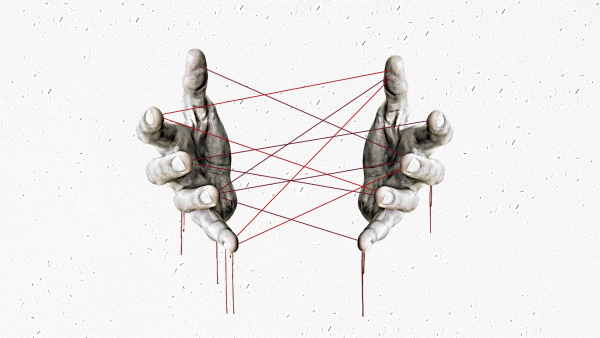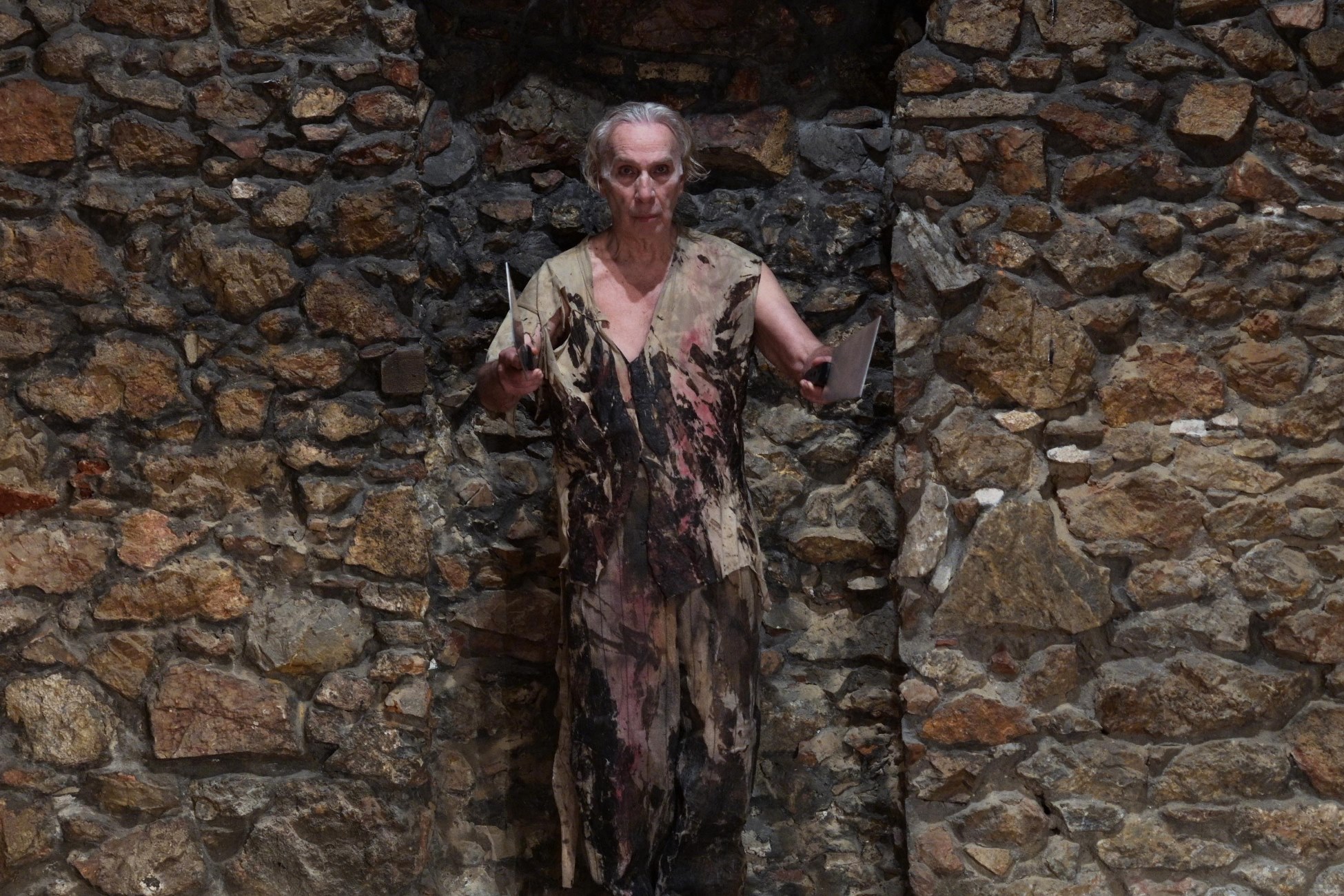National Theatre Of Greece Presents Oresteia By Aeschylus
EVENT INFO
- When: 12 Jul 2024 - 13 Jul 2024
- Where: Ancient Theatre of Epidaurus
- Price: From 5€
- Title: National Theatre Of Greece Presents Oresteia By Aeschylus
- Email: dfeggara@n-t.gr
- Contact Number: 2105288100
- Website: www.n-t.gr/

Working for the first time with the internationally acclaimed Greek director and teacher, Theodoros Terzopoulos, the National Theatre of Greece presents Aeschylus’ Oresteia trilogy at the Ancient Theatre of Epidaurus on Friday 12 and Saturday 13 July as part of the Athens and Epidaurus Festival. This landmark cultural event is sure to be an iconic production of intellectual and philosophical depth that pushes the boundaries of art.


About the Oresteia
In 458 BCE, at a time of violent social and political upheaval, Aeschylus presented the Oresteia (Agamemnon, The Libation Bearers, and the Eumenides), the only surviving trilogy of ancient drama and his last extant work, written just two years before his death, which reflects many of the rapid changes of his era.
The trilogy revolves around the tragic ordeal of Orestes, which spreads successively to all the characters and the chorus through successive stages, from destabilisation to desperation to madness. This situation is exploited by Athena in the third part of the trilogy, when she institutes democracy by force, through a controversial peace.
In the first two parts of the trilogy, Agamemnon and The Libation Bearers, the murders that put an end to the tyrannical rule of Agamemnon and Clytemnestra are the culmination of a new period of crisis and destabilisation that is reflected in The Eumenides. The Furies, the chthonic deities that represent instinct and impulse, preserve memory. Knowing that any dispute with the gods is doomed to end in defeat, they rebel and threaten the good order of the city. Orestes must pay so that not only the crime but also its repetition are punished, and the memory of the conflict is kept alive.


Athena uses every means at her disposal in her attempt to achieve peace between the gods and the Furies, offering the latter various rewards and privileges. To achieve their capitulation, she brings violence into the realm of language. Her speech introduces deceitful persuasion, lies and deception into the political arena. The Furies yield of their own accord. Wearing the characteristic purple robes of metics (resident aliens), they are renamed the Eumenides (“Gracious Ones”) and move away from the heart of the city. Their ultimate fate is obscurity and oblivion, deep within the bowels of the earth. Democracy has been established. But not painlessly. Whatever is incompatible with the new regime – the part of the living body associated with memory, instinct, animal drive – has been banished. The new order of things is imposed by the mechanisms of power in such a way that it is as if these vital forces had never existed.
The Furies compromise and accept the social position of metics, yet their internal structure is not altered. Like natural phenomena that do not disappear from the earth, but spiral through transformation, escalation and de-escalation, so the chthonic deities can be imagined retreating and withdrawing, only to re-emerge, constantly assuming new, unexpected forms.
